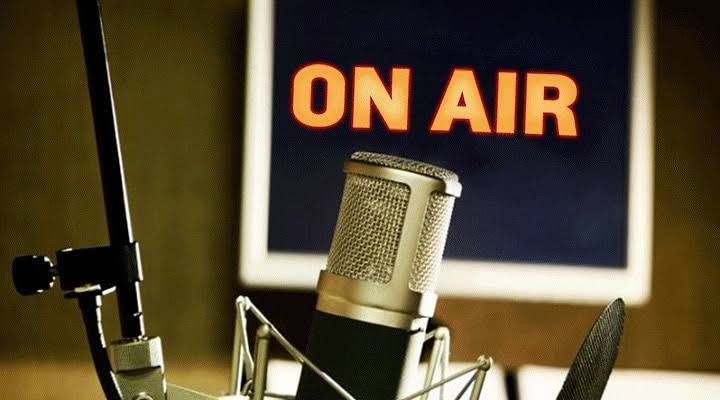By Opeyemi Ogunbawo, Israel Babalola
The broadcasting industry consists of radio and television stations and networks that create content or acquire the right to broadcast recorded television and radio programmes. Broadcasting as the distribution of audio or video content to a dispersed audience via any electronic mass communications medium, has from inception focused on spreading information, with education and entertainment as its major part in development.
Cable operators have a direct billing relationship with subscribers while broadcast companies generate their revenue through advertising sales. With its increase and matching competitors across the world which spring forth daily, the amount a broadcaster can charge for advertising essentially depends on one thing, which is the audience that it attracts for its content.
As you know, the sole aim of any business is to make a profit. The broadcasting industry is not an exception to that and, in a bid to do so, time has to be sold regularly.
The broadcasting industry has always been driven by the increase in the quality and quantity of content available.
There are some radio and television stations that have folded up both inside and outside Ibadan, with some struggling to pay bills as others maintain and try to keep their heads up high.
The audience of any broadcasting company at any point in time becomes their opportunity for sales. Many programs are being developed in the quest to attract and retain audiences, ranging from education to information and entertainment, with a diverse range of presenters to anchor the programs such as news, talk shows, music, and much more, all in the name of keeping the audience tuned in.
For some time, aside from quality content, giveaways have been known to bring in more audiences, keep them and get them involved as the needs of people draw them closer. For the broadcasting companies who know the effectiveness of giveaways, they maximize it to get traffic, which in turn brings sales.
Aside from using giveaways to get the audience and to keep them tuned in, a loyal community of any broadcasting company deserves a reward for their participation. In the broadcasting industry, the benefits of giveaways include, but are not limited to, increased sales and engagement.
Giveaways have been advertised with the choice of gifts, in most cases, prior to the scheduled programme to seek audience availability and engagement. For some programmes, tasks are being assigned to challenge the audience. Using gifts that promote brands also broadens the scope of the advertisement’s reach.Maybe if broadcasting organizations could meet the needs of people in all spheres, then financial and material help should not be left out as much as they’re capable of doing so.
Meanwhile, giveaways should be a side attraction to achieving the essence of radio/TV, not the primary focus of the establishment. Radio/TV has their primary aim to be fulfilled, hence, others are secondary. Unfortunately, in Ibadan, some radio/TV stations have reshaped the table by making giveaways their primary goal and good content creation their secondary goal.
Quality content and giveaways can’t be taken from the industry as they both work for the fulfilment and survival of the industry.

